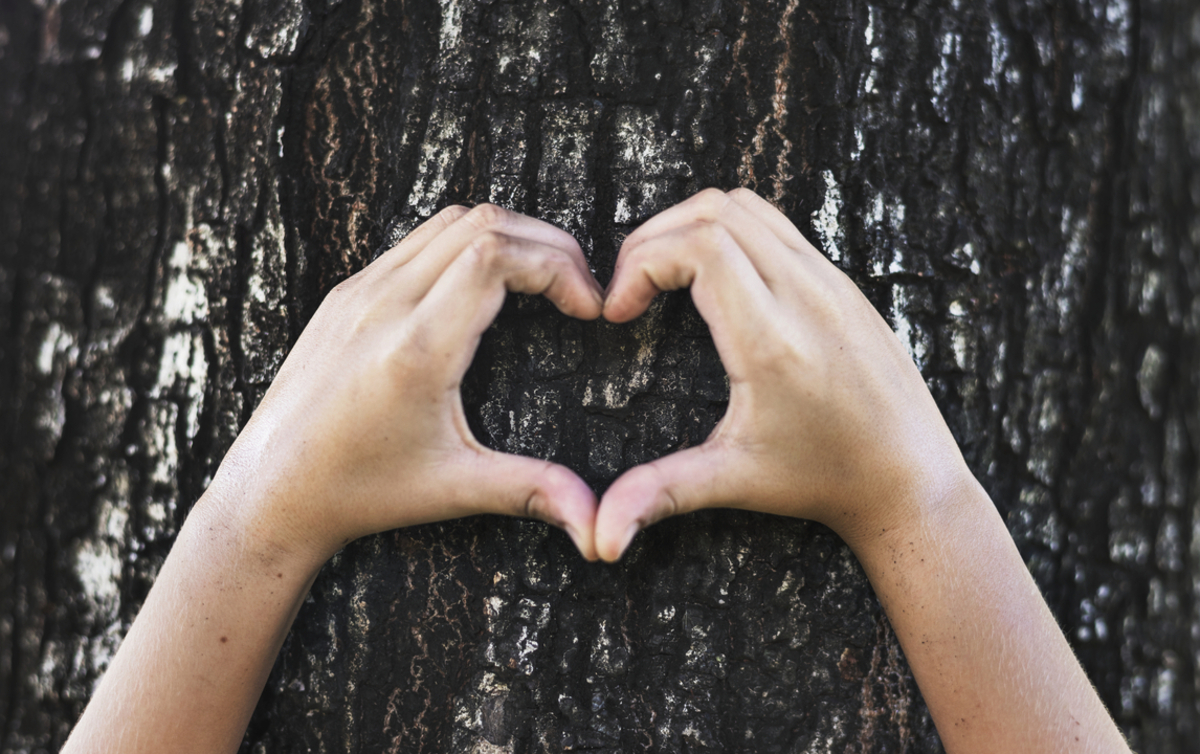In a scene reminiscent of 2019, five rowdy middle-aged men congregate outside a residential building — maskless and in close proximity, four block the entrance as one proudly rests his hand on his new business sign, waiting for the glue to dry. When a neighbor asks the men to move so she can enter social-distance style, the group bursts into an episode of fake-coughing, followed by much laughter. Because being scared of a virus that has killed hundreds of thousands is, apparently, really funny.
The men — and judge for yourself whether this makes it any worse, but they're all lawyers — make it clear that they're not going to move away from the entrance, leaving their neighbor the choice to continue to subject herself to their fun-poking, or risk infection instead.

I was that neighbor, and believe me when I say that COVID-19 was about the only thing that prevented me from punching the group of now not-so law-abiding lawyers.
The COVID-19 pandemic has led to a spin-off global stress epidemic. When I encountered those lawyers, I was already worried about my family's health, the global economy, homeschooling kids who've been stuck inside for weeks, and my potential to stay productive during weird times. When those lawyers lit that pre-existing spark, I paid it forward by yelling at my kids later that day.
Vicious cycle, anyone?
Be kind, because it's as contagious as stress
A lecture about the need to be kind to others might seem to be the fluffiest of fluffy fluff pieces, not to mention a rather dull read — but it's not.
Research has shown altruism — the act of doing something for someone else simply because you care, and not because you want to get something out of it — is profoundly beneficial for our own mental health, too. Being kind to others just because you can is linked to better health, better overall wellbeing and happiness, and even a longer lifespan. It's not just good for others, then, but also in your selfish interest.
The interesting thing is that being kind to others seems to impact our own mental health the most when we do it lots. The more random kind acts we offer to others, the more impressed we are with ourselves, as we realize we've meant something to someone. This makes us happy, and when we're happy, being kind comes more naturally.
Being kind to ourselves matters just as much. It increases our sense of joy, love, commitment, awe, and all sorts of other positive emotions. In short, when we're kind to ourselves, we're more likely to feel mentally healthy enough to have energy to be kind to other people, too.
What acts of kindness can you do this Mental Health Awareness Week and beyond?
The nicest acts of kindness meet a need — they're actually useful or meaningful to the person you're being kind to. Acts of kindness can be things you say, things you do, or things you refrain from doing and saying.
If you're a literal "do-gooder", and you prefer to help people in practical ways, you could perhaps:
- Sew cloth face coverings, cut the grass, do the shopping, or fix a computer problem for someone in your neighborhood.
- For your kids — play board games, cook their favorite meal, tidy their room, pass on a skill, ask them about their future hopes and dreams.
- For your partner — give them a nice massage, get them a book that's been on their reading list, set up a romantic dinner, take a burden or chore off their shoulders by doing it yourself.
- For relatives who don't live with you — make them a gift or send them a physical card, buy an online game.
- Helping random strangers by, for instance carrying their groceries isn't a good idea in this era of social distancing — but you can donate to homeless shelters or women's safe houses.
If you're a good listener, take extra time to:
- Reply thoughtfully and with love when someone you know and care about — or even a total stranger — posts messages that indicate they're down or stressed on social media.
- Call your friends and relatives often to see how they're doing, especially if you know the pandemic has been hard on them. Sometimes, even just sending a funny meme or sharing a nice recipe can help someone feel less lonely.
- Turn the computer off and listen to the people who live with you.
If you're feeling extra stressed, and are tempted to take it out on others, remember that not doing or saying what you really want to can be an act of kindness, too. When someone — whether that's a coworker, a cashier, your child, or a neighbor — is just not very nice to you, try not to allow yourself to be carried off by the same tide. Respond to their stress with kindness, and you could lift their day up. Even just ignoring them can be helpful.
A final word
The very word "kind" apparently shares linguistic roots with the word "kin" — family. The whole world is recovering from an extremely stressful situation, one we've all been in together, as a community. And that should start with kindness. By making conscious efforts to be kind, something that's not always easy at all, we can help each other heal from stress. By being kind, we can make others feel well enough to be kind to the next person they encounter.
This Mental Health Awareness Week and beyond, will you help kindness go viral?


Your thoughts on this